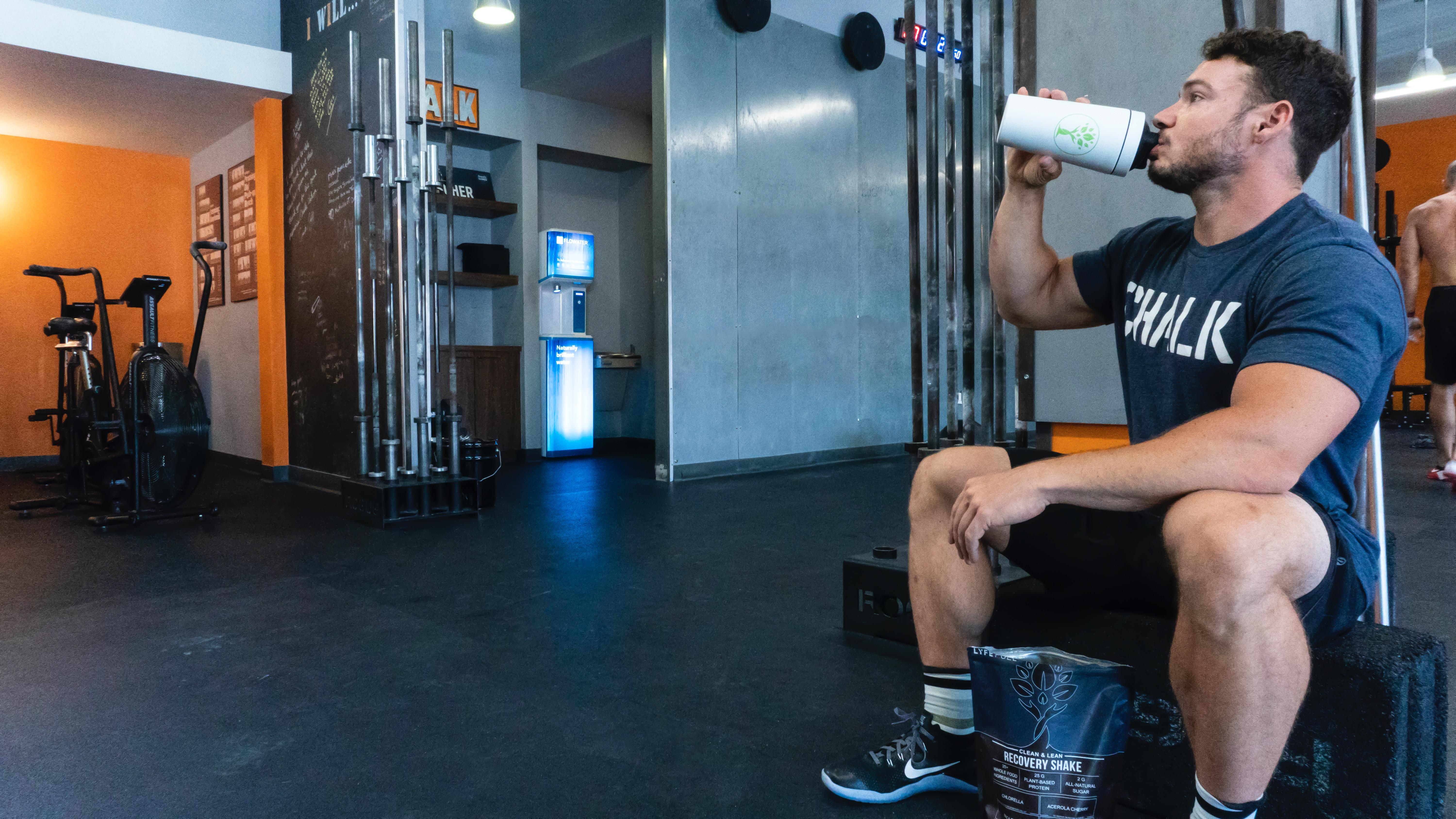In the realm of athletic prowess, where milliseconds can define legends and endurance often outpaces the ordinary, the quest for the optimal diet is relentless. As athletes continuously seek that elusive edge, a quiet revolution is simmering on their plates. Enter the plant-based diet—a regimen that swaps the traditional fuel of animal proteins for a vibrant tapestry of fruits, vegetables, grains, and legumes. But is this verdant shift a game-changer in the world of sports, or merely a trend that will wilt under scrutiny? This article delves into the heart of this nutritional debate, exploring whether plant-based diets truly hold the key to unlocking superior athletic performance, or if they are just another fork in the road of dietary experimentation.
Fueling the Body: Nutritional Advantages of Plant-Based Diets
Athletes constantly seek ways to enhance their performance, and diet plays a pivotal role in this quest. Plant-based diets, rich in nutrients, offer a myriad of advantages for those pursuing athletic excellence. These diets are packed with antioxidants and phytonutrients that help in reducing inflammation and oxidative stress, common challenges faced by athletes. By emphasizing whole foods like fruits, vegetables, legumes, and grains, plant-based diets provide a balanced array of vitamins and minerals essential for recovery and endurance.
Additionally, plant-based diets are typically high in fiber, promoting better digestion and gut health, which are crucial for nutrient absorption and energy levels. Key benefits include:
- Enhanced Recovery: The anti-inflammatory properties of plant foods can speed up recovery time, allowing athletes to train more effectively.
- Improved Endurance: A diet high in carbohydrates from plant sources fuels prolonged physical activity.
- Heart Health: Lower cholesterol and blood pressure levels contribute to a more robust cardiovascular system.
- Weight Management: A naturally lower calorie density can aid in maintaining optimal body composition.
With a thoughtful approach to meal planning, plant-based diets can indeed serve as a powerful ally in achieving peak athletic performance.

Performance Boost or Bust: The Science Behind Plant-Based Nutrition
Delving into the core of plant-based nutrition reveals a tapestry of vibrant colors, textures, and nutrients, all woven together to potentially enhance athletic performance. Phytonutrients, found abundantly in plants, are often heralded for their ability to reduce inflammation and speed up recovery time, crucial elements for any athlete seeking an edge. These plant compounds, coupled with a high intake of vitamins and minerals, are believed to contribute to improved endurance and overall health. The fiber content, another critical component, supports digestive health and may even aid in maintaining a healthy weight, factors that can indirectly impact performance levels.
- Energy Levels: Complex carbohydrates in plants provide sustained energy release.
- Recovery: Antioxidants and anti-inflammatory properties aid in muscle repair.
- Hydration: High water content in fruits and vegetables supports hydration.
- Heart Health: Reduced cholesterol levels contribute to better cardiovascular performance.
However, it’s important to note that while plant-based diets offer numerous benefits, they may require careful planning to ensure adequate intake of protein and certain micronutrients like B12, iron, and omega-3 fatty acids, which are typically found in animal products. Balancing these elements is key to determining whether a plant-based approach truly provides a performance boost or falls short for individual athletes.
Tailoring Your Diet: Strategies for Athletes Embracing Plant-Based Eating
For athletes considering a shift to a plant-based diet, strategic planning is crucial to ensure optimal performance and recovery. A well-rounded approach can help meet the heightened nutritional demands of rigorous training and competition. Protein is a key component, often spotlighted in athletic diets. Embracing plant-based protein sources like lentils, chickpeas, and quinoa can adequately fuel muscle repair and growth.
- Variety is Vital: Incorporate a diverse array of fruits, vegetables, grains, and legumes to ensure a comprehensive intake of vitamins and minerals.
- Mindful Macronutrients: Balance is key. Ensure adequate consumption of healthy fats from sources like avocados and nuts, alongside complex carbohydrates for sustained energy.
- Supplement Wisely: Consider B12, iron, and omega-3 supplements to fill potential nutritional gaps.
Incorporating these strategies can not only enhance athletic performance but also promote overall well-being. Plant-based eating, when tailored thoughtfully, offers a powerful way to support an athlete’s journey, ensuring they remain robust and competitive.

Balancing Act: Meeting Protein and Energy Needs on a Plant-Based Regimen
Transitioning to a plant-based regimen can offer a plethora of health benefits, but it requires a strategic approach to ensure that protein and energy needs are met effectively. For athletes, the challenge lies in obtaining adequate protein from plant sources, which often require a mix of foods to achieve a complete amino acid profile. Quinoa, lentils, and chickpeas are fantastic options, providing substantial protein content, while chia seeds and hemp seeds can boost omega-3 fatty acids and add a protein punch.
Energy is another critical component, especially for those engaged in high-intensity training. Plant-based diets are naturally rich in carbohydrates, which can be beneficial for energy needs. Athletes should focus on incorporating a variety of whole grains, fruits, and vegetables to ensure a steady supply of energy throughout the day. It’s essential to balance macronutrients, incorporating healthy fats like avocados and nuts, which not only provide energy but also support overall recovery and performance.
In Summary
As we reach the finish line in our exploration of plant-based diets and their impact on athletic performance, it becomes clear that the journey is as varied as the athletes themselves. While some find their stride in the embrace of leafy greens and plant-powered proteins, others remain fueled by a diverse array of dietary choices. What remains undeniable is the importance of personalization in nutrition—understanding that each athlete is a unique tapestry of needs and responses. Whether sprinting on soy or powering through with poultry, the ultimate goal is the same: to fuel the body efficiently and sustainably. As science continues to explore this vibrant field, the conversation remains open, inviting athletes everywhere to discover what truly powers their passion and performance. So, whether you’re a champion of chickpeas or a devotee of dairy, may your plate always reflect your personal best.
